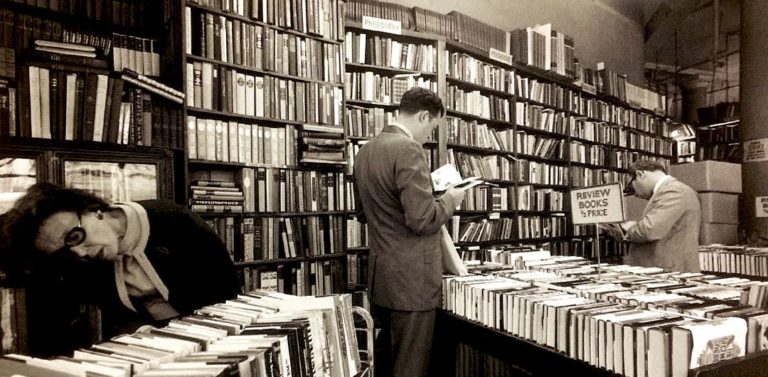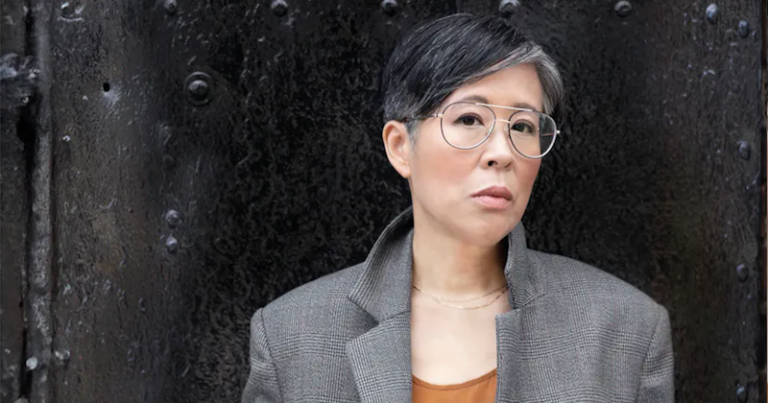 Winner of the Rómulo Gallegos Prize, Fernando Vallejo’s The Abyss (New Directions, 2024) is reaching new audiences in Yvette Siegert’s updated English translation. Twenty-three years after its original publication, Siegert captures Vallejo’s voice, an author known for his brilliant works and controversial opinions, through the novel’s absurd and borderline-offensive dialogue.
Winner of the Rómulo Gallegos Prize, Fernando Vallejo’s The Abyss (New Directions, 2024) is reaching new audiences in Yvette Siegert’s updated English translation. Twenty-three years after its original publication, Siegert captures Vallejo’s voice, an author known for his brilliant works and controversial opinions, through the novel’s absurd and borderline-offensive dialogue.
The autobiographical novel follows Vallejo’s stream of consciousness during his multiple experiences with death. Death herself, a personified mother figure for Vallejo (b. 1942), represents the narrator’s complicated relationship with the struggles of living and the comforting release of death. Vallejo’s story centers on “the abyss of death” as he returns to his home in Colombia to care for his brother who is dying of AIDS. Reunited with his brother, Vallejo explores how memory surpasses death as the novel becomes a physical form of memory.
Vallejo’s internal dialogue is woven throughout the novel, a flow of uncensored and unpopular opinions. Vallejo does not hold back his thoughts on the corruption within Colombia’s political parties or the piousness of the Pope. His remarks are harsh and profane, but they reflect the ugliness of Vallejo’s experiences in a country and a family that are falling apart because of greed and hypocrisy. Family to Vallejo is a messy subject, as he renounces his mother and only reconnects with his younger siblings when his father passes away. Family is introduced as a transactional relationship, but as Vallejo cares for his dying brother, he realizes that family is held together by shared love and memory.
Vallejo’s remarks reflect the ugliness of a country and a family that are falling apart because of greed and hypocrisy.
The style of the book is as entertaining as it is frustrating. On the shorter side, the book is a continuous stream of thought without any chapters or obvious breaks, as Vallejo’s thoughts wander on the page and often break the fourth wall or jump between different moments in time. While it seems unlikely that a reader would become confused, this is not a book to stretch over multiple days. Regardless, The Abyss provides a humorous approach to an ever-fearful topic. Vallejo does not minimize the pain of death and loss, but he does offer a numbing sense of reprieve within the abyss.
University of Oklahoma












 Bengali (Bangladesh) ·
Bengali (Bangladesh) ·  English (United States) ·
English (United States) ·